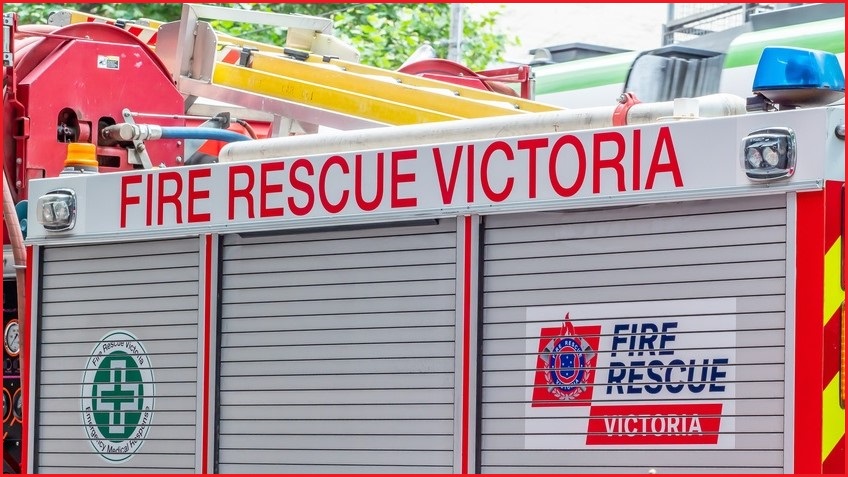Fire Rescue Victoria (FRV) has reported a cyber attack of dire proportions, as the state-wide fire and rescue service approaches day five of an outage impacting the bulk of its systems.
FRV first tweeted the incident on 15 December when "tech issues" led to its systems being taken offline.
The outage initially impacted FRV's computer dispatch system and phone lines, leaving firefighters to work with emergency alerts directly via mobile phone and radio.
Acting Commissioner at Fire Rescue Victoria, Gavin Freeman, initially said it "wasn't clear" what had caused the problem and that the FRV was not "ruling anything in or out".
"Our process and protocol is close things down as a precaution until we can work out what the issue is," he said.
"What we've done in fire stations is ensure that we have firefighters staffing radios and we're dispatching that way, so they'll get a call directly from ESTA or the regional areas of Victoria have their paging systems which are still operating."
One day after shutting down its systems, the FRV confirmed it was indeed the victim of a cyber attack.
"Preliminary investigations confirm this has been a cyber attack by an external third party and that FRV systems are impacted," said FRV.
"We have taken decisive action in response to this incident and are working around the clock with specialist cyber security firms and our partners in the state and federal governments, including the Australian Cyber Security Centre. FRV will provide more information as it comes to hand."
FRV says the outage impacted most of its systems, including FRV network, emails and dispatch.
Much like during the initial stages of the recent 9.7 million-customer Medibank data breach, the FRV says it has not found any evidence of its information being stolen at this stage.
However, it is currently "implementing plans" on the assumption that data theft may have occurred.
While the full extent of the attack upon FRV's data is not yet known, the fire and rescue service says community safety has not been compromised.
Crews are continuing to be dispatched, and members of the community are encouraged to call Triple Zero (000) as usual during this time.
"If the Victorian community call triple-0, a fire truck is still dispatched the same way it always has been," said Freeman.
The use of manual systems was initially expected to last only between three to four days in the ongoing FRV security incident.
As the outage persists into its fifth day, FRV continues to investigate the full scope of the cyber attack.
Australia hard at work against cyber threats
This year has been an unprecedented year in Australian cyber crime – not only for landmark data breaches against the likes of Optus, Medibank and other Australian businesses, but also against Australian infrastructure.
Earlier this year, the Australian Federal Police was caught up in a data leak exposing classified documents, the NSW Government lost sensitive QR code check-in data due to a major security blunder, and a Deakin University data breach saw the exposure of nearly 47,000 students' personal information.
In response to the growing global threat of cyber crime and targeted attacks against national infrastructure, the Australian Government passed amendments to the Security of Critical Infrastructure Act 2018 (SOCI Act) – introducing new reporting requirements for Australian businesses and expanding the definitions of critical assets.
These amendments took effect on 8 July, falling in line with the Department of Home Affairs' Critical Infrastructure Resilience Strategy, an initiative aimed at "enhancing the security and resilience of Australia’s critical infrastructure assets so they continue to operate in an all-hazards environment."
Cyber Security Minister Clare O'Neil has also signalled a rework of the national cyber security strategy, citing an aim for Australia to be the "world’s most cyber-secure country" by 2030.
"We need to prepare for more major cyber attacks over the coming years as we undertake this important work. The truth is, we are unnecessarily vulnerable,” said O'Neil.
The precise agenda of the government's next cyber security strategy is not yet known, but will reportedly involve an international panel comprised of "some of the biggest 'guns' from around the world," according to O'Neil.
Immediate development of the strategy will also bring on industry powerhouses such as former Telstra CEO Andy Penn, Information Commissioner Rachel Falk, and former Air Force Chief Mel Hupfield.










